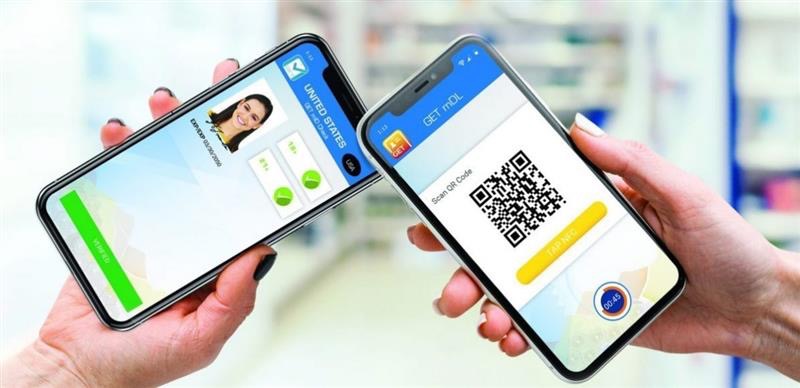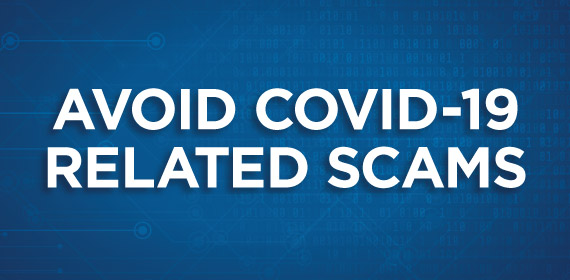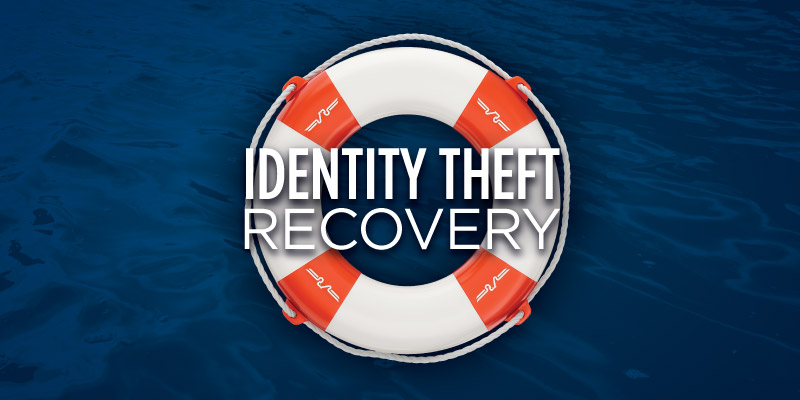Enabling Easier, Safer and More Secure Banking Transactions
SALT LAKE CITY – (Aug. 10, 2022) – America First Credit Union (AFCU), GET Group North America and Utah Driver License Division (DLD) announced that AFCU will now accept Utah and Arizona mobile driver’s licenses (mDLs) as a valid form of identification at all 121 America First Credit Union branch locations effectively immediately for all banking transactions. As the fifth largest credit union in membership in the U.S., more than 930,000 AFCU members in Utah and Arizona will now be able to utilize mDLs to access their financial information. AFCU will be able to accept other states with mDLs as they become available. AFCU will utilize GET Mobile Verify to securely identify their members, conduct transactions, sign up new members, and reduce the risk of fraudulent activity.
Utah has been one of the first states in the U.S. to pilot an mDL that is fully compliant with ISO 18013–5, the international standard that ensures global acceptance as a legal form of identification. Mobile driver’s licenses allow for information such as name or age to be confirmed contactlessly and unequivocally with a simple scan or tap — without the mobile phone ever changing hands. A person never has to show or hand over their phone. ISO 18013-5 mDL eliminates the subjectivity of visually authenticating an ID document. By adhering to stringent standards, GET Group North America — the technology vendor for the Utah mDL program — and Utah DLD empower citizens with greater control over their personal data, enabling them to share only the information that is relevant to a specific transaction.
“We’re excited to see the mDL ecosystem – both in Utah and nationally – continuing to grow and we’re very pleased to have America First Credit Union as part of that growing environment,” said Alex Kambanis, Managing Director of GET Group North America. “We look forward to working with AFCU to support them with technology to securely and contactlessly confirm IDs for all banking transactions.”
“America First Credit Union is in the business of protecting our members and their financial futures. We are always looking to be at the forefront of technology and are excited about our partnership with GET Group North America. With members in mind, we continue to find new and effective ways to secure our member’s data to reduce any type of fraudulent activity,” said Jeremy Deamer, Manager of Branch Technology and Innovation. “The support and adoption of Mobile Drivers Licenses is one of many steps we continue to provide to our members for an additional layer of security and ease of mind for their futures.”
“Providing opportunities for more Utahns to use their mobile ID throughout the state has been a main focus for our team,” said Chris Caras, Director at the Utah Driver License Division. “Adding additional verifiers, like AFCU, allows mobile ID holders to complete transactions without compromising their personal information. We look forward to working with GET Group North America, AFCU, and additional businesses to offer contactless mobile ID transaction in communities statewide.”
Citizens are invited to enroll for their own mDL on Friday, August 19th from 11am-3pm at the Salt Lake City AFCU Metro Branch (455 East 500 South in Salt Lake City) or on Thursday, September 8th from 11am-3pm at the Ogden Main Branch (3650 Wall Avenue in Ogden). A valid Utah driver’s license is required for mDL registration.
For more information, visit http://ut.mobiledl.us.
About GET Group North America
GET Group North America and its partners develop, manufacture, and implement end-to-end solutions for secure physical and mobile credentials that enable government agencies, motor vehicle departments, municipalities law enforcement organizations, and other entities to leverage the latest in secure identity management technologies. From photo ID cards, driver’s licenses, and passports, to mDLs and mIDs, GET Group NA delivers advanced issuance, verification and personalization capabilities that prevent fraud, accommodate diversified customer needs, and support the future of ID.
###
About America First Credit Union
Proudly celebrating 83 years of serving members and a long-standing history, America First Credit Union has become one of the largest, most stable, and most progressive credit unions in the country, and has remained a member-owned, not-for-profit cooperative financial institution. Today, America First has 121 locations, and is the seventh largest credit union in assets in the United States with over $17 billion, and the fifth largest credit union in membership in America with more than 1.2 million members.
PUBLIC RELATIONS CONTACTS:
Dave Nellis
America First Credit Union
dcnellis@americafirst.com
801-827-8606
Kelsey Richardson
R&R Partners
Kelsey.richardson@rrpartners.com
801-913-9454
Jordan Bouclin
SVM Public Relations
Jordan.Bouclin@svmpr.com
(401)490-9700








